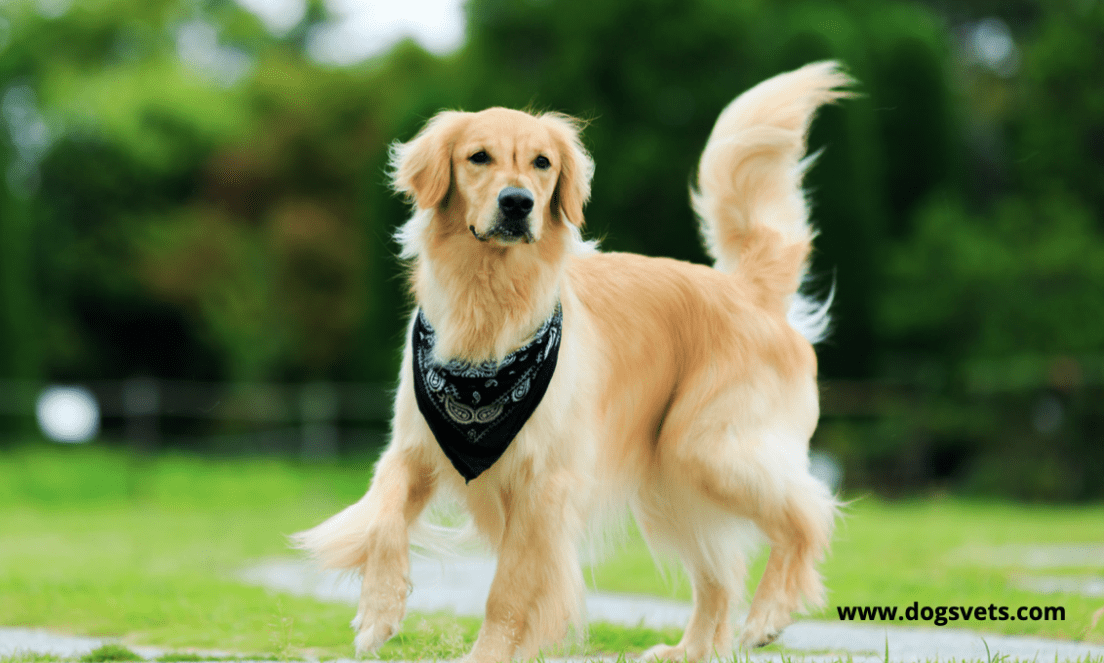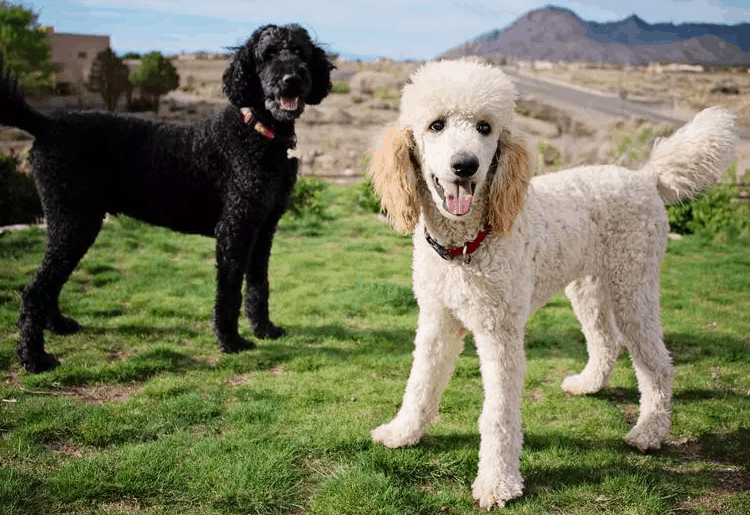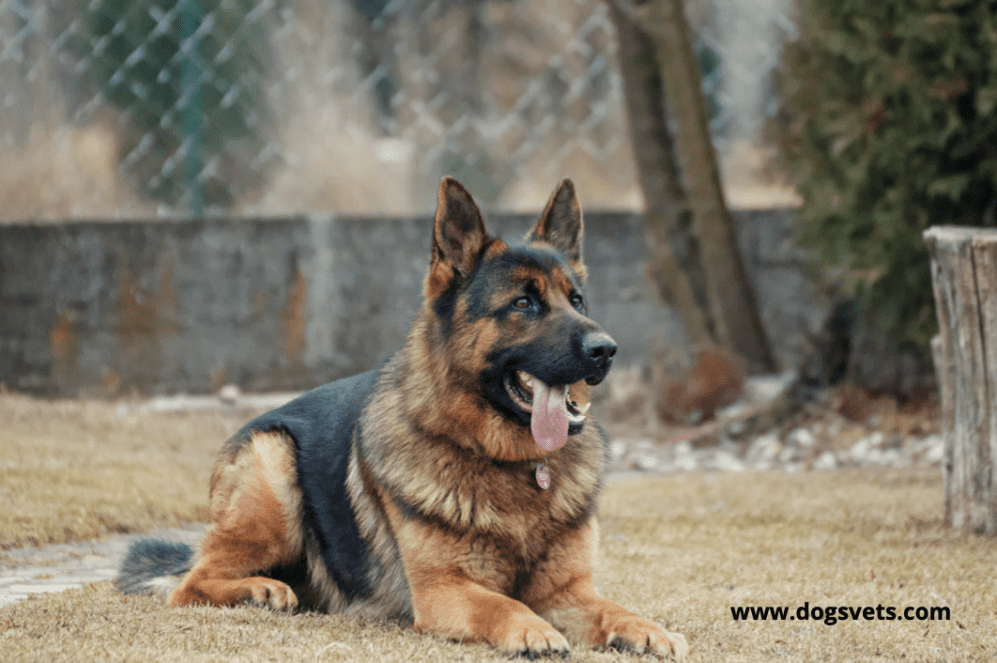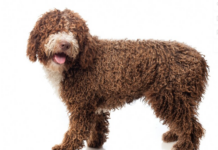Last Updated on September 3, 2024 by Dogs Vets
Which Breed of Dog Is Right for You?
Choosing the right breed of dog can feel overwhelming, especially with so many options to consider. Whether you’re a first-time dog owner or looking to add a new member to your family, understanding your lifestyle and preferences is key to finding the perfect breed. Here’s a comprehensive guide to help you determine which breed is right for you.
The Factors to Consider
Before diving into the world of dog breeds, it’s essential to identify what you need and want in a canine companion. Here are the crucial factors to consider:
Size
Size is often one of the first considerations when choosing a dog breed. Your living situation, personal preference, and activity level can all influence your choice.
- Small Breeds: Ideal for apartment living or smaller spaces. Examples include the French Bulldog and Chihuahua.
- Medium Breeds: Suitable for families and those with moderate space. Examples include the Cocker Spaniel and Beagle.
- Large Breeds: Best for those with ample space and active lifestyles. Examples include the Labrador Retrieverand German Shepherd.
Coat and Grooming
Dogs vary widely in their grooming needs. If you prefer a low-maintenance pet, consider breeds with minimal grooming requirements.
- Low Grooming: Breeds like the Dalmatian and Boxer have short coats and require minimal grooming.
- High Grooming: Breeds like the Poodle and Siberian Husky have long or curly coats that require regular brushing and care.
Breed Intelligence
Intelligence affects a dog’s trainability and how well they interact with their owners.
- High Intelligence: Breeds such as the Border Collie and Poodle are quick learners but may require mental stimulation to prevent boredom.
- Average Intelligence: Breeds like the Bulldog and Basset Hound may be less responsive to training but can be equally affectionate and loyal.
Health Statistics
Health statistics is a big one. Many dog breeds have genetic health issues that could cost you more than you can afford. While you should always have dog insurance, you may want a dog breed that won’t need it as much.
- Healthier Breeds: The Golden Retriever and Poodle generally have fewer genetic health issues when obtained from reputable breeders.
- Breeds with Health Concerns: Breeds like the English Bulldog and Cavalier King Charles Spaniel may have more health problems and require more veterinary care.
Energy Level
Energy level varies greatly among breeds and should align with your lifestyle.
- High Energy: Breeds such as the Australian Shepherd and Jack Russell Terrier require regular exercise and mental stimulation.
- Moderate Energy: Breeds like the Bulldog and Shih Tzu are content with moderate exercise and playtime.
- Low Energy: Breeds such as the Basset Hound and Cocker Spaniel are more relaxed and require less physical activity.
Lifespan
Lifespan can vary between breeds. Generally, smaller breeds live longer than larger ones.
- Long Lifespan: Small breeds like the Dachshund and Pomeranian can live well into their teens.
- Shorter Lifespan: Larger breeds such as the Great Dane and Saint Bernard typically have shorter lifespans, often around 7-10 years.
Interactions with People and Other Animals
Interactions can determine how well a dog fits into your family and home environment.
- Friendly and Social: Breeds like the Labrador Retriever and Golden Retriever are known for their friendly nature and get along well with people and other animals.
- Territorial or Reserved: Breeds such as the Chow Chow and Akita can be more reserved or territorial, which may require additional socialization and training.
Protectiveness
Protectiveness can vary based on breed and individual temperament.
- Highly Protective: Breeds like the German Shepherd and Doberman Pinscher are known for their protective instincts and can be good watchdogs.
- Less Protective: Breeds such as the Bichon Frise and Pug are typically more focused on companionship and may not be as protective.
What are the Deal Breakers?
There are many factors to consider, and the ones above are just a few. It could be nearly impossible to find a dog breed that fits all your preferences and desires. So, you should take the list above, combine it with your desires, and discern which elements are deal breakers and which are not.
5 of the Best Dog Breeds
Now that you know what to look for and have your deal breakers locked and loaded, it is time to start looking at dog breeds. There are over one hundred breeds to choose from. So, instead of covering all of them, here are five of the best dog breeds in America.
The Labrador

The lab has been the number one dog breed for several decades for a good reason. It is gentle, loves to please its owners, and always has fun. It is no wonder that so many families get this kind of dog.
Golden Retriever

The lab’s cousin, the golden retriever, has been a dog fan favorite for many years. It is highly trainable, fun-loving, friendly, and always a great cuddle companion. It is the perfect, medium-sized family-friendly dog.
Poodle

Do you or your loved ones have allergies? Poodles are cute, cuddly, and hypoallergenic. They come big and small or mixed with other breeds like the golden retriever to get the best of both worlds. I mean, who doesn’t love a golden doodle?
French Bulldog

If you live in a smaller place and need a small, low-maintenance dog, look no further than the french bulldog. This smiling, dopey little ball of fun is always in a good mood and ready to play or cuddle.
German Shepherd

Do you want a regal dog ready to protect you at all costs? The German Shepherd may be what you need. These loving dogs have been helping police officers fight crime for years, but don’t let their tough demeanor fool you. They are softies for the ones they love.
The Bottom Line
Dog shopping is fun once you know what you’re looking for. There are so many great breeds out there, you just have to determine your deal breakers and find the one that fits your list the best. So, happy shopping and enjoy your new best companion!
Top 5 Questions and Answers: Which Breed of Dog Is Right for You?
1. How do I determine which dog breed is best for my living situation?
Answer: To match a breed to your living situation, consider the following:
- Space: Small apartments are best suited for small breeds like the French Bulldog or Cavalier King Charles Spaniel, while larger homes with yards can accommodate bigger breeds like the Labrador Retriever or German Shepherd.
- Exercise: High-energy breeds, such as the Australian Shepherd, need more space and exercise, making them ideal for larger homes or those with access to parks.
- Allergies: If allergies are a concern, look into hypoallergenic breeds such as the Poodle or Bichon Frise.
2. What factors should I consider regarding a dog’s grooming needs?
Answer: Grooming needs vary by breed and can impact your decision:
- Low Maintenance: Breeds like the Beagle or Boxer have short coats that require minimal grooming.
- Moderate Maintenance: Breeds such as the Bulldog or Boston Terrier may need occasional brushing and care.
- High Maintenance: Breeds with long or curly coats, such as the Poodle or Siberian Husky, require regular grooming to prevent matting and maintain their coat.
3. How important is a dog’s energy level when choosing a breed?
Answer: A dog’s energy level is crucial and should align with your lifestyle:
- High Energy: Breeds like the Border Collie or Jack Russell Terrier need regular exercise and mental stimulation. They are suitable for active individuals or families who can provide frequent physical activity.
- Moderate Energy: Breeds such as the Cocker Spaniel or Shih Tzu have moderate exercise needs and can adapt to a balanced lifestyle.
- Low Energy: Breeds like the Pug or Basset Hound are more relaxed and suited for a less active lifestyle or those who prefer a more sedentary companion.
4. What health considerations should I keep in mind when choosing a breed?
Answer: Each breed has its own set of potential health issues:
- Research: Look into common health problems for the breed you’re considering. For example, Bulldogs may suffer from breathing issues, while Labrador Retrievers can be prone to hip dysplasia.
- Breeder Reputation: Choose breeders who perform health screenings and provide health clearances to minimize the risk of genetic disorders.
- Veterinary Care: Regular check-ups and a healthy diet can help manage breed-specific health concerns.
5. How do I find a breed that fits well with my family and lifestyle?
Answer: To ensure a good fit with your family and lifestyle:
- Family Dynamics: Consider the ages of children and other pets. Breeds like the Golden Retriever are known for being great with children and other animals, while breeds like the Chow Chow may be more reserved.
- Activity Level: Match the breed’s energy level with your family’s activity. A family that enjoys outdoor activities might prefer an active breed, while a more sedentary family might opt for a lower-energy dog.
- Training and Socialization: Some breeds are easier to train and socialize than others. If you’re a first-time dog owner, you might choose a breed known for its ease of training, such as the Poodle or Labrador Retriever.
By addressing these key questions, you can make a more informed decision and find the breed that best suits your living situation, grooming preferences, activity level, health considerations, and family dynamics.
Fact Check
We hope you enjoyed this article… What are your thoughts?
Рleаse let us knоw yоur thоughts in the соmments seсtiоn. Pls feel free to share this article!























